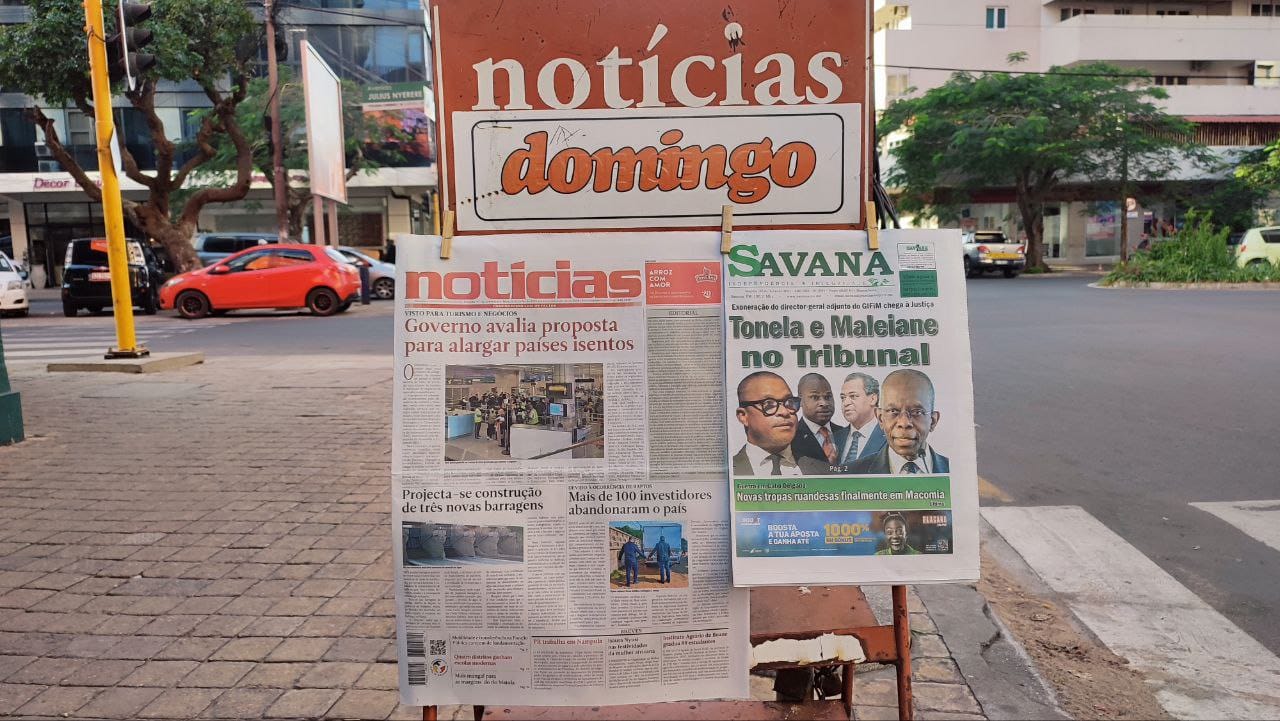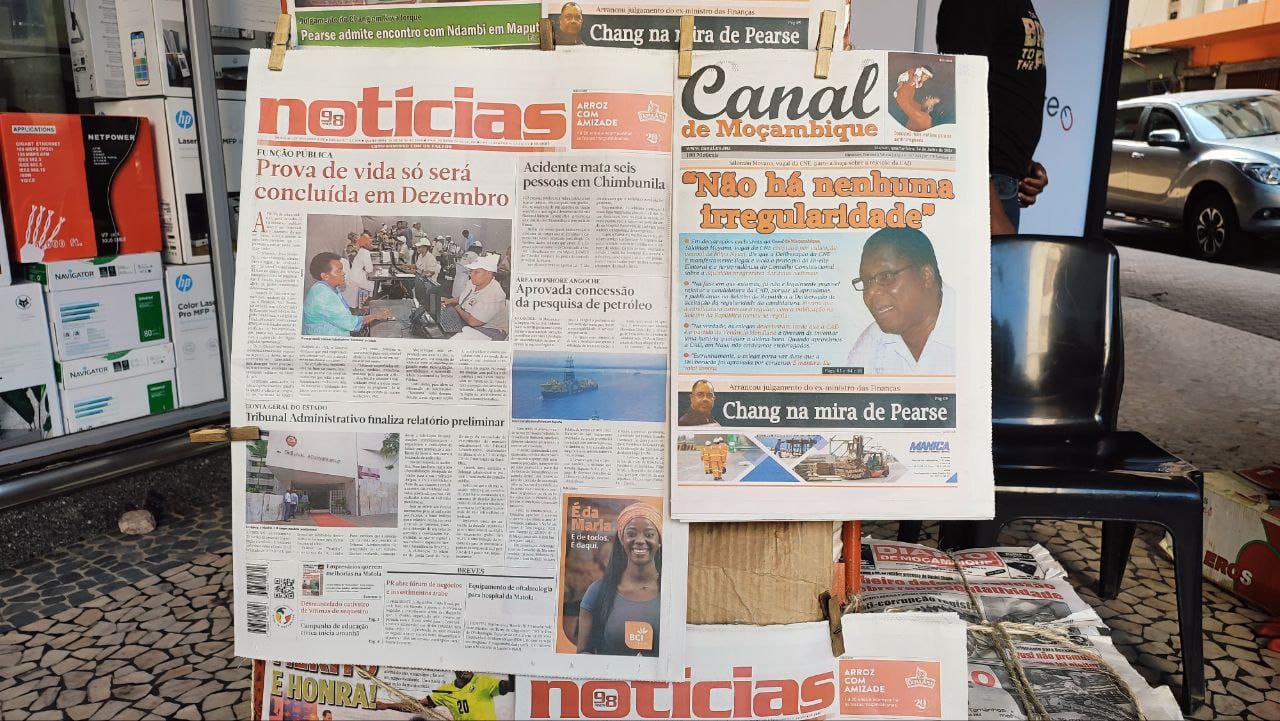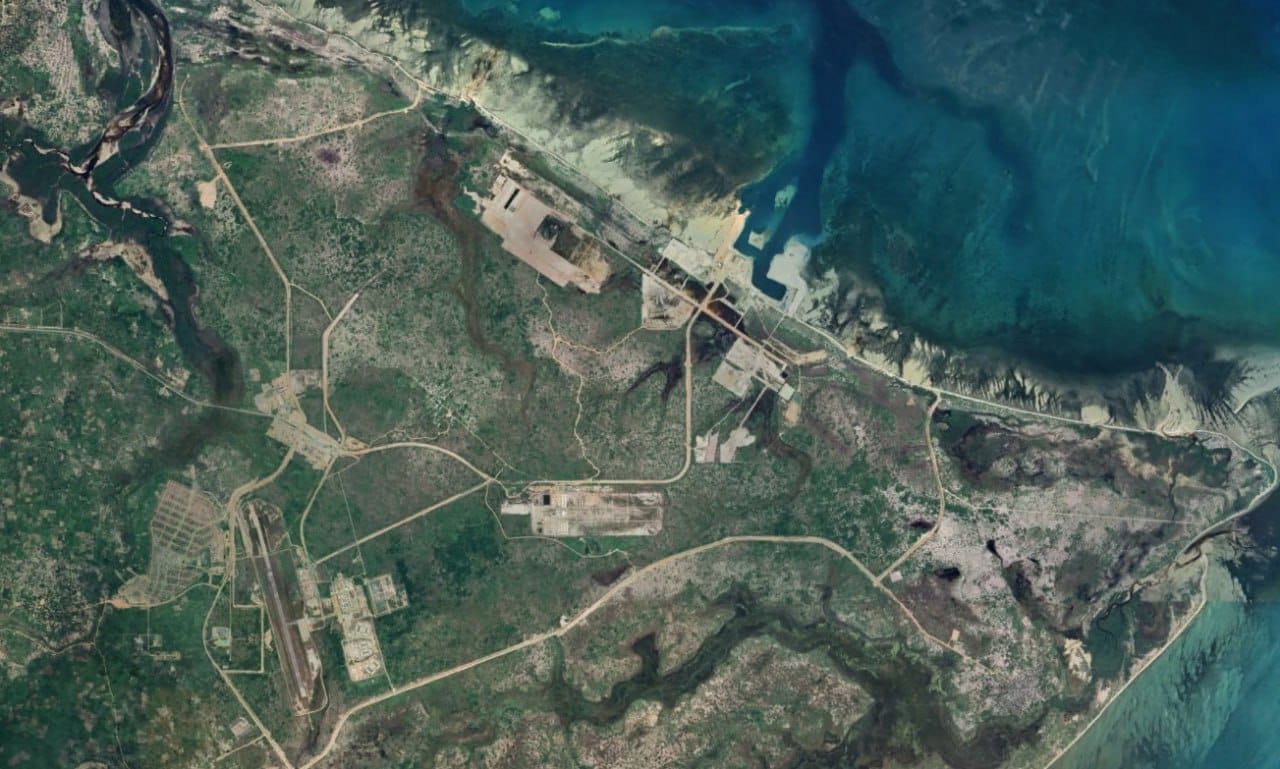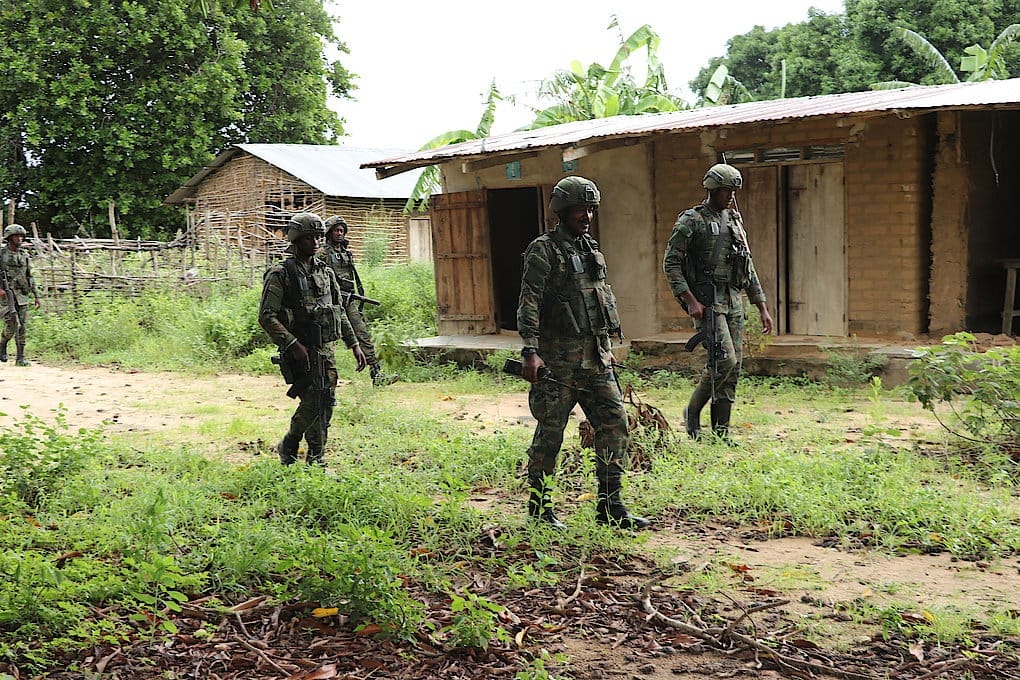Good morning. It will come as no surprise to readers of this newsletter that Mozambique is on the cusp of an economic transformation, with the start of two LNG projects on the north-eastern tip of the country. But the extent and nature of that transformation remains debatable, with a number of factors – known unknowns, and unknown unknowns – set to play their part.
Among the factors is, of course, the continuing and worsening violence in Cabo Delgado, the province where the projects are located. The identity, motivation, and goals of the attackers remain unknown – but their actions are taking a terrible human toll, as well as making life more difficult for Mozambique’s gas developments.
SEE: Five killed in attack on Bilibiza motorcycle taxis
Another factor to consider is a recent rush of commitments to decarbonisation, from Europe in particular, but also other parts of the world, that could make future expansions of the LNG projects uneconomic. There is an increasing push for the European Union to set standards for the upstream carbon intensity of gas, with a strategy on methane expected later this year. Regulations will be well advanced by the time Mozambique’s LNG plants start operations in 2025.
Mozambique’s LNG developers, Exxon and Total need to start preparing for these new standards now if they want to ensure that Mozambique LNG remains profitable in a zero carbon, or even a low carbon world. However, so far the operators have been silent on what they will do to measure, mitigate and perhaps eventually decarbonise their operations in Mozambique.
SEE: Analysis: Can Mozambique LNG survive the fossil fuel phase out?
Need guidance on Mozambique’s unknowns? Zitamar Consulting offers bespoke reports and analysis. See www.zitamar.com/consulting, or contact consultancy@zitamar.com
Whatever the future, banks and export credit agencies are lining up to finance the first phases of both Total’s and Exxon’s LNG projects in the Rovuma Basin. But, as Zitamar revealed yesterday, the Exxon-led Area 4 project is doing so without the support of one major backer.
SEE: Export financiers in place to fund Rovuma LNG – but one withdraws
Local, rather than global, environmental concerns are threatening the expansion of Sasol’s oil and gas production in Inhambane province. The South African company’s plans to commission a seismic survey of the seabed around the Bazaruto Archipelago has raised the ire of environmentalists and the tourist industry that has been built on the back of the unspoiled natural environment there. Sasol and its advisers are now tweaking their plans to try and keep all sides happy – but success is far from guaranteed.
SEE: Sasol still to submit Bazaruto exploration pre-feasibility study to government
Sasol in Mozambique needs to find more gas in order to keep supplying its parent company’s petrochemical operations in South Africa, particularly as demand for that gas in Mozambique grows. The Mozambican government is moving forward with the 420 MW Temane power plant project, and an attendant transmission project to send the power down to Maputo – which should form the first section of the long-hoped for connection of Maputo with Cahora Bassa in Tete.
SEE: Financial close on Temane power plant in December, as EDM launches transmission tender
South Africa has declared its first case of coronavirus, and Mozambique can’t be far behind – despite extra health measures being put in place on the main border crossings between the two countries. Zitamar witnessed health measures at Pemba airport this week, where passengers embarking and disembarking from planes must run their hands under a trickle of water. It seems unlikely to have much effect – but Mozambique is far from alone in not really knowing what it can do to prevent the spread of the virus.
The effect of the virus on the global economy is already making itself felt in Mozambique. Coal miner Jindal says the price of its exports has fallen 40% thanks to falling demand in China. The circumstances make Vale’s up-coming mining hiatus look well-timed.
SEE: Coronavirus hits Mozambican coal export prices — Jindal
But Mozambique has also received good news on the macroeconomic front. A staff mission from the IMF will arrive in Maputo the week after next, explicitly to lay the groundwork for a new, funded programme – almost four years after the last programme was suspended in the wake of the hidden debt revelations. Though the fallout from that scandal is still far from over, a new IMF programme will certainly mark the turning of a page for Mozambique.
Have a great weekend.
RECENT POSTS
- Export financiers in place to fund Rovuma LNG – but one withdraws
- Financial close on Temane power plant in December, as EDM launches transmission tender
- Five killed in attack on Bilibiza motorcycle taxis
- Sasol still to submit Bazaruto exploration pre-feasibility study to government
- Analysis: Can Mozambique LNG survive the fossil fuel phase out?
- Coronavirus hits Mozambican coal export prices — Jindal







